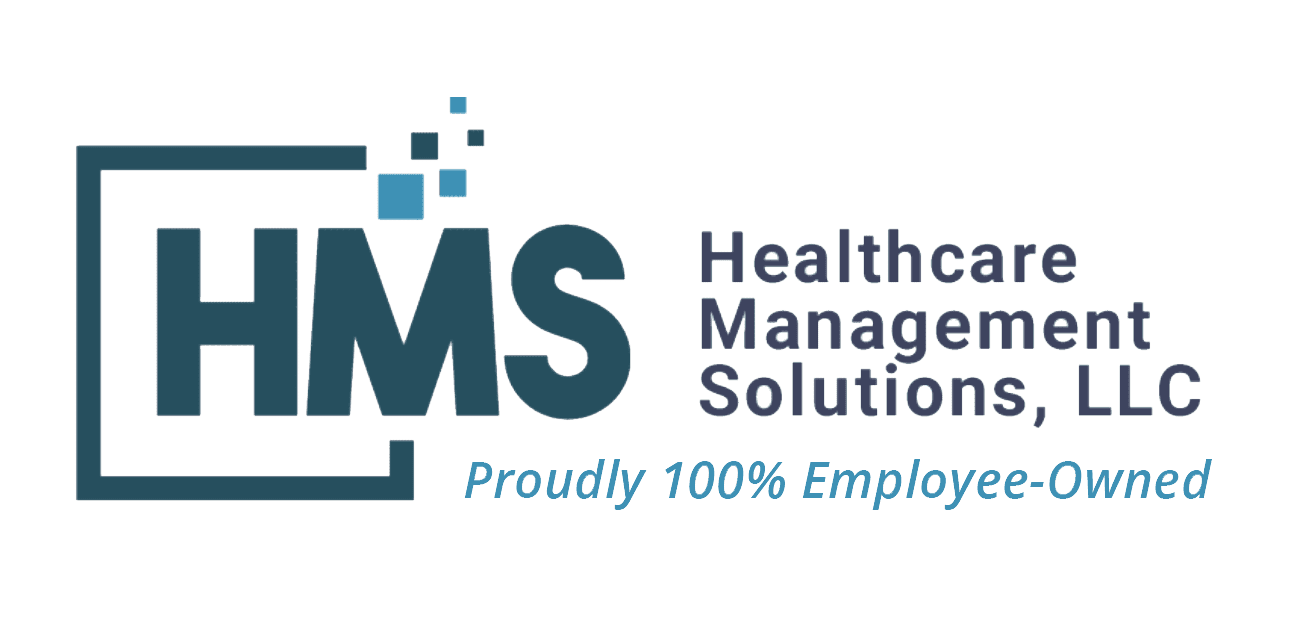
HMS RNs Used Their Unique Skills to Support ESRD CEC Quality Measure Validation Audit
- March 16, 2022
- 0 Likes
- 963 Views
- 0 Comments
When end stage renal disease (ESRD) care providers submit a claim to the Centers for Medicare and Medicaid (CMS) for reimbursement, they also have to submit data on their adherence to quality measures to show they are complying with CMS standards for delivering safe, high-quality care to dialysis patients. Healthcare Management Solutions, LLC (HMS) registered nurses (RNs) have played a crucial supporting role in a validation audit of that data.
The government established quality measures in part to improve the quality of ESRD care being delivered to beneficiaries while encouraging coordination between providers to reduce costs and improve clinical outcomes. CMS achieves that goal through the Centers for Medicare & Medicaid Innovation (CMMI) Seamless Care Models by tying adherence to quality measures to incentive payments. The audit process was created to validate that ESRD organizations (e.g., clinics, care-management companies, dialysis providers, physicians, hospitals) could substantiate quality measure data reported through the program quality registry. The audit validation process provides another layer of assurance that ESRD organizations are delivering quality of care that meets government specifications.
In 2017, HMS worked with another contractor to perform the initial quality-measure analysis on ESRD organizations’ claims. HMS reviewed a subset of the quality-measure compliance data, comparing ESRD organizations’ charts to reported quality measure datas to validate whether or not quality measures were reported correctly.
HMS used its custom solutions, including a low code data collection & review tool for HMS’ RN reviewers, to review clinical quality data. For each data set, HMS’ RNs would examine electronic medical record (EMR) documentation submitted by ESRD clinics and validate that responses in the database were correct. HMS’ RN reviewers looked at a number of data sets, from medication management to tobacco cessation measures and many more.
One in-depth example of a measure HMS’ evaluated was advanced care planning. HMS’ RNs examined records to determine whether or not the ESRD clinic had met with the beneficiary to determine if they needed advanced care planning or if an advanced care plan was already in place. If reported data indicated the beneficiary did not already have an advanced care plan in place, HMS’ RN would look for a notation in the EMR documentation to determine if that was accurate. Specifically, HMS looked for evidence of a preexisting plan or a notation of a discussion between the doctor and beneficiary about creating an advanced plan to validate the record. If the nurse didn’t see evidence of that discussion, the ESRD would not meet the requirement of the measure.
2021 was the last performance year of the five-year model, which included up to 40 participating ESRD Seamless Care organizations. HMS was uniquely positioned for this work because of HMS’ prior survey experience with ESRD clinics across the country, and because HMS has highly flexible data collection tools that enable RNs to perform these reviews.

